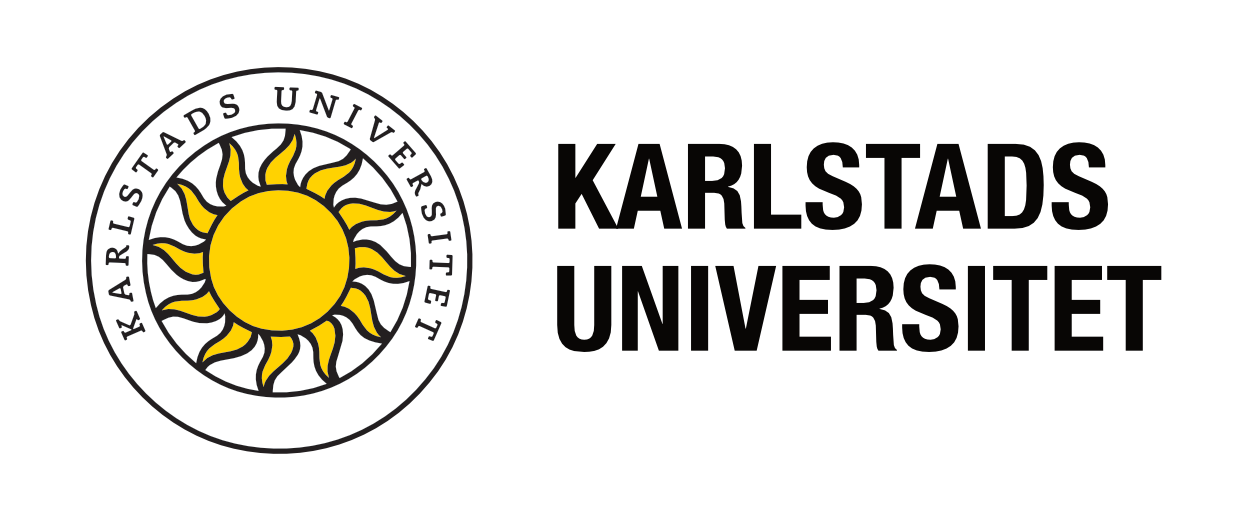The SOLO taxonomy for writing learning objectives with systematized, active verbs that describe a progression of knowledge, skills and abilities.
Continue reading “Learning objectives: the SOLO taxonomy”Category: _EXAMINATION
Jenny Moon: Course objectives, requirements and assessment criteria
Jenny Moon’s (Exeter University) texts on course objectives, assessment criteria and other closely related issues are almost classic and appear in many higher education pedagogical contexts.
Continue reading “Jenny Moon: Course objectives, requirements and assessment criteria”Plagiarism
Students who plagiarize, intentionally or unintentionally, is a fairly big issue for any teacher who assesss exam assignments. We can attack plagiarism in two ways: prevent it or detect it.
Continue reading “Plagiarism”Tips: Assessment matrices for grades in laboratory elements
It is difficult to assess laboratory elements and oral examinations in a practically manageable and legally secure manner. Traditionally, the assessment criterion for laboratory elements has only been a requirement for active participation, while the written laboratory report is what is graded. Thus, the practical part is in principle not grade-based, despite the fact that laboratory skills and procedural knowledge may be a central part of the subject content. In this project, the teachers have investigated whether assessment matrices can be a way to make these elements assessable.
Continue reading “Tips: Assessment matrices for grades in laboratory elements”Story: Convert hall exams to online with Quiz
With the Canvas Quiz-function, the previous hall exam form has been replaced by multiple-choice and essay questions. It is about examination in large student groups. Experiences, challenges and lessons learned from a project in the subject Business Administration. (Video, 26 min., only in Swedish)
Tips: Hybrid examination as a strategy to get more students to finish
Students were offered to do small assignments during the course. These assignments gave them extra points at the final examination. The purpose was to motivate them to engage in a relatively extensive course literature written in English. It turned out that the more assignments that students did, the better they also scored at the assignments in the final exam. (Swedish only.)
Continue reading “Tips: Hybrid examination as a strategy to get more students to finish”Tips: Varied questions by random values
KTH’s unit for educational support describes an examination plan regarding numeracy. It is based on systematic random variations of the calculation data, where several parameters were changed in parallel.
Continue reading “Tips: Varied questions by random values”Tips: Three strategies for good take-home exam questions
Several strategies for making take-home exam questions: Putting questions in context, making them individual-related, or more complex.
Continue reading “Tips: Three strategies for good take-home exam questions”Tips: When students don’t study until the take-home exam
In take-home exams, students are sometimes given a relatively long time to complete it, e. g. several days. Some students take the chance of being able to pass the exam assignments by searching the literature and reading just the minimum needed to pass the direct exam questions.
Continue reading “Tips: When students don’t study until the take-home exam”Inspiration: 20 different ways for examination
A collection of examples with descriptions of 20 different ways of examining. It is NSHU (Agency for Networking and Cooperation in Higher Education) that compiled and commented. (Swedish language)
Continue reading “Inspiration: 20 different ways for examination”
